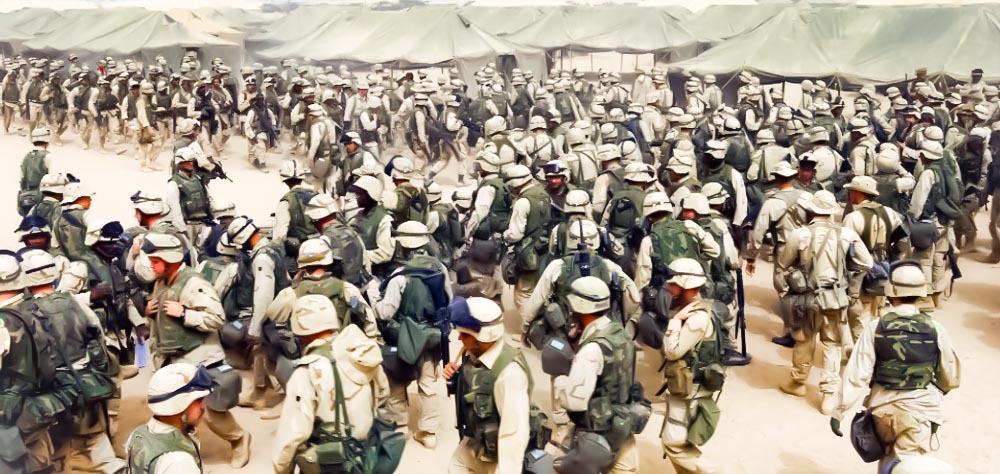AhlulBayt News Agency - It has become a fact that when Washington decides to interfere in a foreign country, the move is equivalent to a recipe for disaster. More often than not, the Americans retract without leaving a recipe for confronting the agents of terrorism and even devise plots to take advantage of these countries in their post-terrorism phases.
The recent remarks made by top US intelligence Chief James R. Clapper to the Washington Post backs this claim.
Clapper has confessed that the US is not capable of beating terrorism in West Asia, adding that this bitter struggle will likely last for decades.
“The US can’t fix it,” he asserted. “Somehow the expectation is that we can find the silver needle, and we’ll create ‘the city on a hill.’ ”
However, in the event terrorist groups are eradicated in Iraq and Syria, the US plans to remain in the region to tackle the bulk of the unsolved issues taunting it.
The contradiction lies here, if the Americans themselves admit the futility of their efforts in the region, would they be of use should they stay to confront the remnants of terrorism?
“I don’t think the US can just leave town. Things happen around the world when US leadership is absent. We have to be present — to facilitate, broker and sometimes provide the force,” Clapper concluded.
Notably, many believe that the terrorist forces in the region have been founded and funded by US intelligence alongside its regional allies. Groups such as ISIS and Al-Nusra Front did not come from thin air nor will they vanish into thin air. Perhaps, just perhaps, Washington did not realize the enormity of the monster it created and now it is suffering the consequences. On the other hand, it is likely that these Western powers intended to extend the terrorist threat in the region for a long period of time to take advantage of the situation.
When the Bush administration invaded Iraq in 2001 to allegedly disarm it of weapons of mass destruction, it had a hidden agenda and a few tricks up its sleeve.
Indeed, the Saddam Hussein regime was toppled and a pro-US government was installed. However, the extent of damage left by the Americans was significant and remains visible to this day. When the last batch of US troops retreated from Iraq, having failed to find “weapons of mass destruction,” they left behind them terrorist cells that were unbeaten, dead civilians, a whole lot of destruction, a battered economy, and a frail political system. Basically, they left Iraq in ruins. After 8 years, they had accomplished up to nothing.
Not long after, ISIS emerged and was able to capture Mosul. Since then, the developments in Iraq have shown no real US effort to obliterate the terrorist presence. Even their coalition’s strikes are doing little to hit Daesh (Arabic acronym for ISIS) hard.
“We will retake Mosul, but it will take a long time and be very messy. I don’t see that happening in this administration,” Clapper admitted.
In Afghanistan, a 13-year invasion failed to remove terrorism from the country. True, they toppled the Taliban government but al-Qaeda has remained and it continues to use Afghanistan as a base for its operations. Again, the US failed to change much of the face of the terrorism.
So, why did it stay so long in Iraq and Afghanistan? One thing is for sure, it was not hope for peace in these states. What drives the US administration is power and interest, and a protracted presence in these countries was seen as a means to achieve them.
Similarly today, with Iraq and Syria witnessing horrific terrorist attacks, the US seems to be planning for a long stay. It will clearly use the post-terrorism era as a pretext to remain for “decades”, even though it is aware that it is not a welcome visitor.
/129
source : Al Waqt
Monday
16 May 2016
1:50:14 PM
754635

Report: US Plans to Stay despite Failure to Beat Terrorism in West Asia
